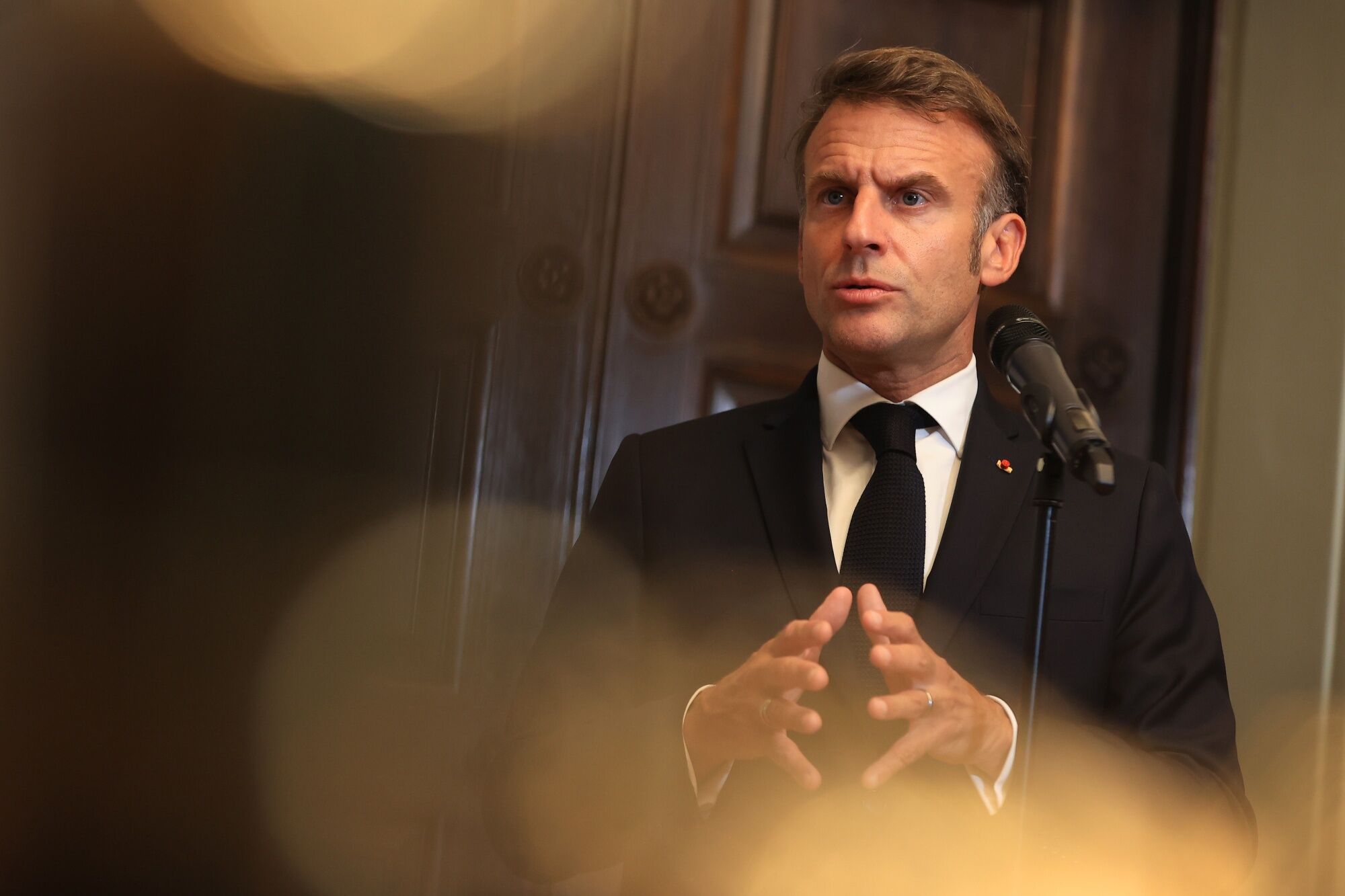The resignation of Sébastien Lecornu has left a significant void in the French government, prompting heightened speculation about the next steps President Emmanuel Macron will take in response to France’s ongoing political turmoil. With the resignation of the country’s Minister of the Armed Forces, the political landscape in France is facing yet another challenge, adding to the already strained environment of Macron’s leadership. As the country grapples with growing discontent, Macron’s decisions in the coming weeks will be critical in shaping the future of his administration and the stability of the French political system.
Lecornu’s exit and Macron’s political turning point
Over the past few years, France has experienced significant political instability, with protests, strikes, and various public demonstrations spotlighting the widening gap between the government and its citizens. Lecornu’s resignation, a prominent member of Macron’s cabinet, is perceived as another sign of the mounting challenges Macron encounters in keeping his government stable. Lecornu’s exit involved both political and personal aspects, indicating a worsening of the issues confronting the current administration.
Lecornu’s resignation comes at a time when President Macron is already under intense pressure from both political opponents and citizens. The French public’s dissatisfaction with Macron’s policies has been evident for some time, with many questioning his leadership and the direction of the country. With Lecornu stepping down, the spotlight now shifts to Macron, who must navigate these turbulent waters and make critical decisions that will have long-term consequences for his presidency and the country as a whole.
Macron’s leadership under growing scrutiny
The departure of Lecornu occurs during a period when President Macron’s influence is already diminishing. Macron, initially elected in 2017 with a pledge of political transformation, has witnessed a decline in his approval ratings in recent years. His initiatives, especially concerning pensions and employment legislation, have faced significant resistance and provoked demonstrations nationwide. Although Macron’s administration insists these changes are crucial for the nation’s economic prospects, many view them as elements of a larger neoliberal strategy that emphasizes cost-cutting over public welfare.
The increasing dissatisfaction with Macron’s rule has been especially evident among the working class, who believe that the president’s actions have not resolved their issues. Lecornu’s resignation is perceived by some as indicative of this widespread disillusionment with Macron’s government. Lecornu, once viewed as a staunch ally of Macron, was frequently responsible for handling defense and security issues, which have been crucial in preserving the stability of the French administration.
How Macron manages Lecornu’s resignation will be scrutinized closely, as it could reveal crucial insights into his capability to handle his government amid a time of political turmoil. Choosing whether to accept or decline Lecornu’s resignation will communicate a significant signal to the general public and political insiders regarding Macron’s capacity to retain authority and steer through challenging political scenarios. This occurrence also prompts inquiries concerning the future trajectory of Macron’s policies, especially pertaining to his party’s internal dynamics and the wider political environment in France.
The likelihood of further turbulence in the political environment
The atmosphere in France’s politics is still tense, and Lecornu stepping down might be only the start of more hurdles for Macron. As his approval ratings linger at historically low levels, the demand for the president to make firm decisions has reached an all-time high. The French political framework finds itself at a turning point, and Macron’s forthcoming actions will be crucial in shaping the nation’s political trajectory.
If Macron does not tackle the increasing discontent with his administration, he risks distancing more sections of the electorate and may potentially encounter broader demonstrations. The political turmoil seen in recent years has been fueled by a mix of factors such as economic disparity, dissatisfaction with the political leadership, and discontent with the government’s management of social matters. Macron’s capacity to deal with these issues will be crucial in determining whether France can prevent further instability or if the political crisis escalates.
Furthermore, Lecornu’s departure underscores a broader challenge for Macron’s administration: the struggle to keep unity within his own political group. Although Macron’s party, La République En Marche (LREM), has made notable progress since its inception in 2016, it is growingly divided. Lecornu’s resignation can be viewed as an indication of this fragmentation, with different groups within the party competing for power and finding it difficult to uphold a unified political approach. This internal conflict might further complicate Macron’s attempts to address the political hurdles in the future.
The growing pressures on Macron’s presidency
In the future, the political climate in France is expected to change quickly. The decisions taken by Macron and his administration will significantly impact the nation’s future. Confronted with numerous intricate issues, such as economic strains, public discontent, and increasing political division, Macron’s capacity to adjust and take decisive action will be crucial. This will ultimately decide if France can achieve political stability or if the unrest will intensify.
Lecornu’s departure is merely part of a series of occurrences that have unsettled the political scene in France in the past few years. Although Macron’s term has been characterized by notable accomplishments and disputes, his skill in preserving political steadiness amid rising challenges will be essential in defining his historical impact. The upcoming months will probably bring closer examination of his leadership and political tactics, along with heightened calls for change and responsibility.
For Macron, the task will involve finding a middle ground between upholding his plans for reform and responding to the worries of the French citizens. His upcoming actions will be scrutinized, as they will decide if he can rebuild his credibility and win back the people’s trust. The political turmoil in France is still ongoing, and Macron’s skill in managing this challenging time will shape his future as a leader.
Macron’s pivotal decisions for the future
The resignation of Sébastien Lecornu has intensified the political turmoil surrounding Macron’s presidency, raising questions about his leadership and the future direction of the country. As France continues to face widespread political unrest, Macron must find a way to unite his party, restore public trust, and address the growing dissatisfaction with his policies. The coming months will be crucial in determining whether France can overcome its current political challenges or whether the turmoil will deepen, potentially jeopardizing Macron’s legacy as president.




